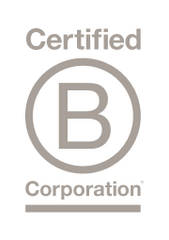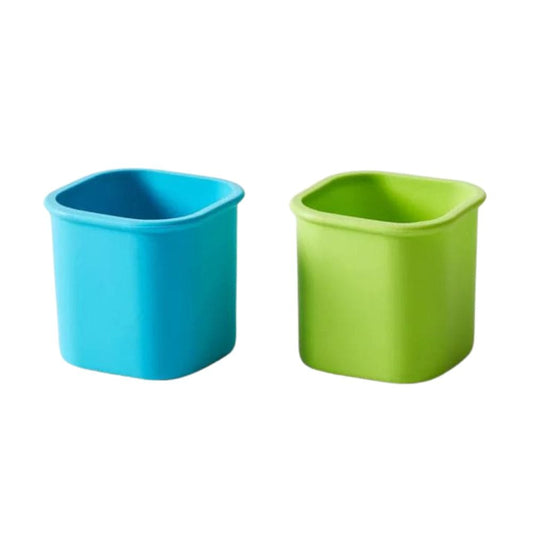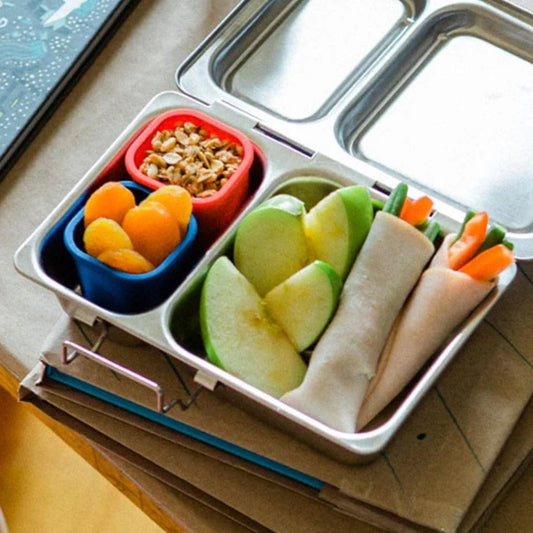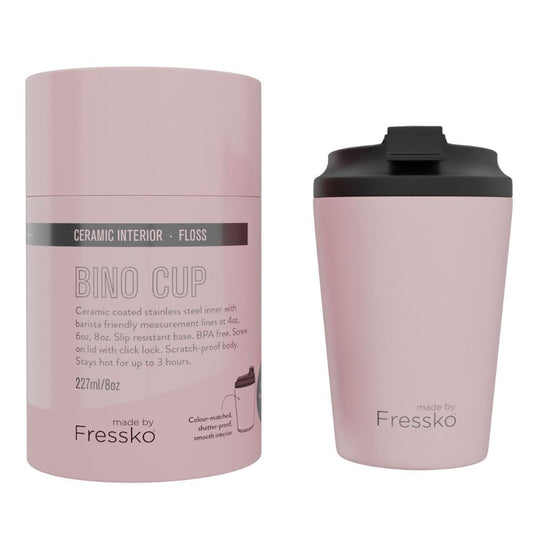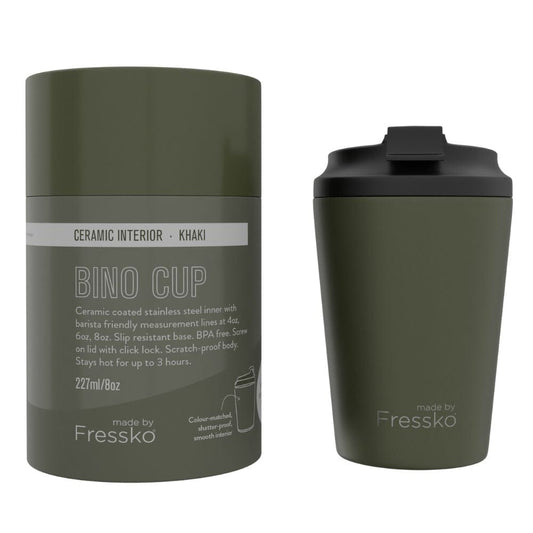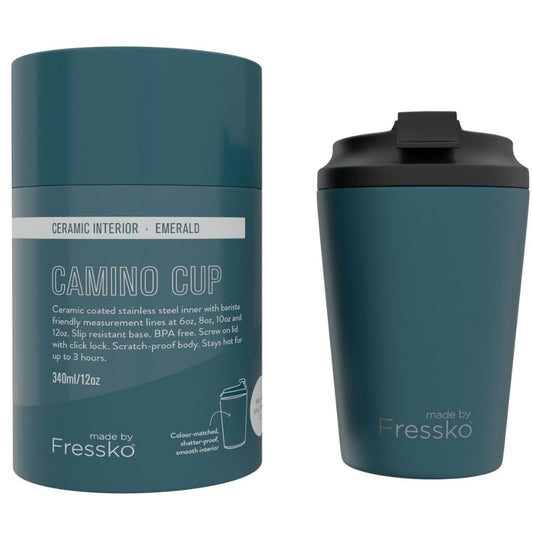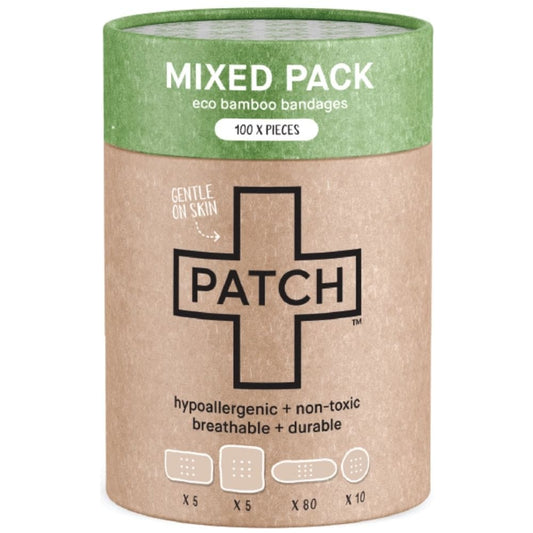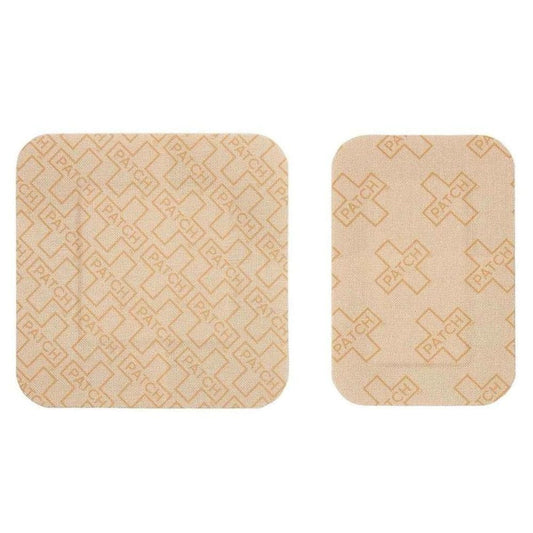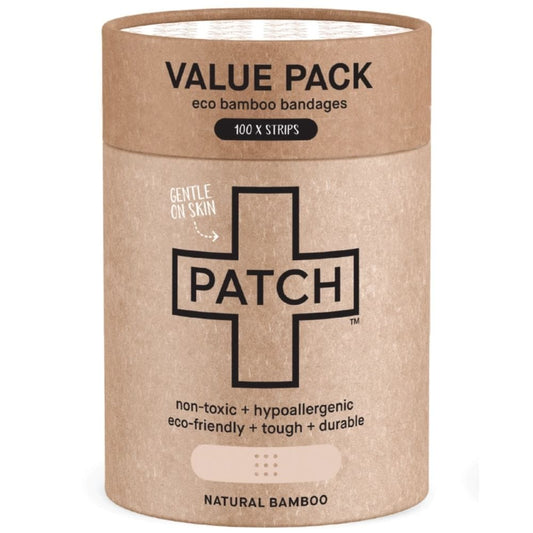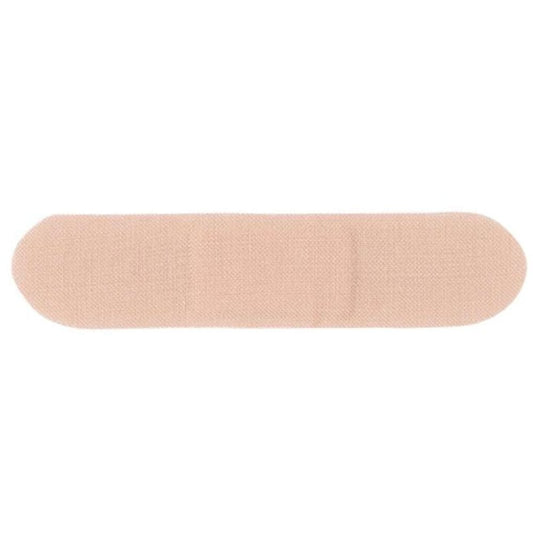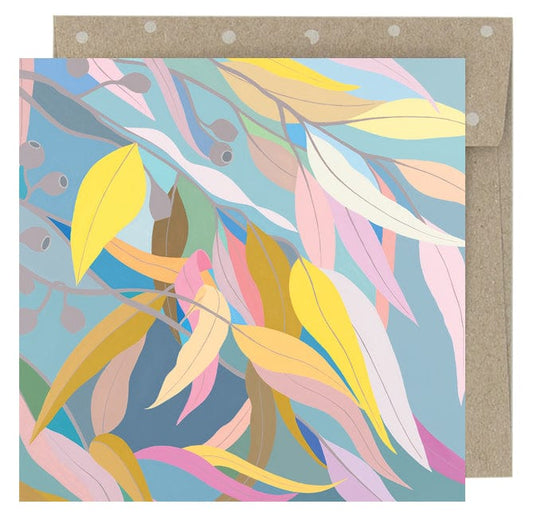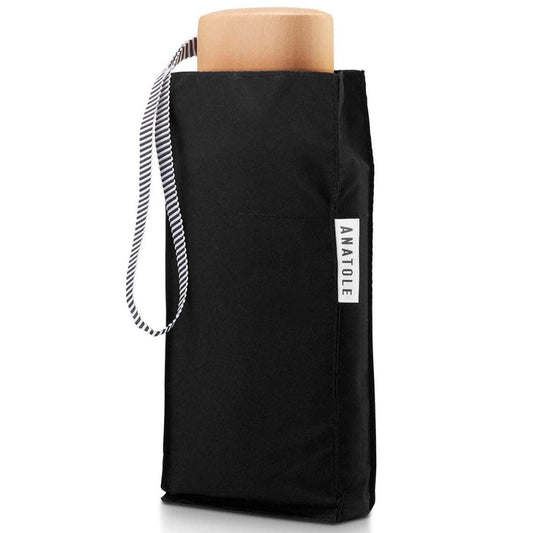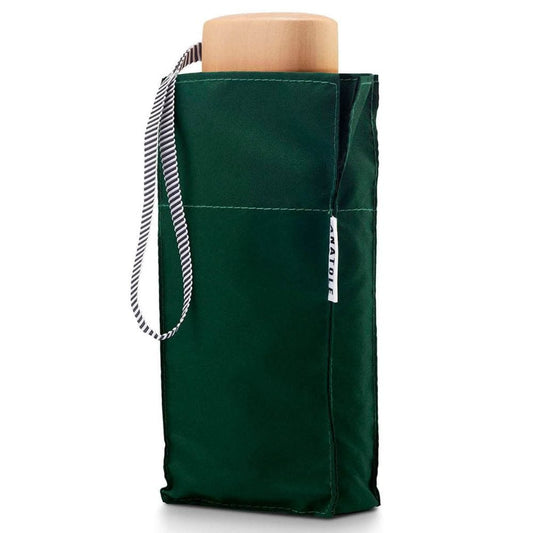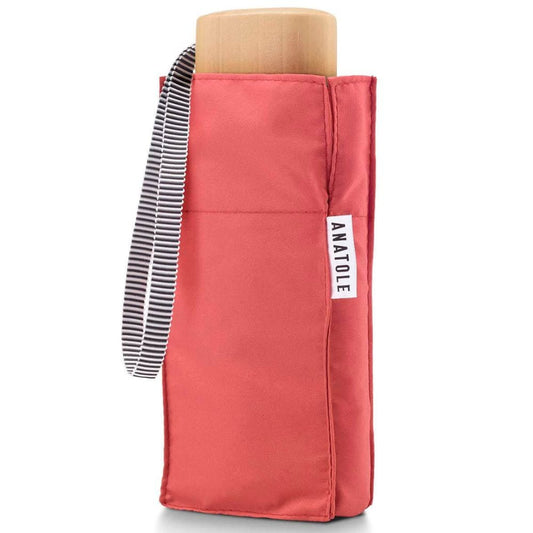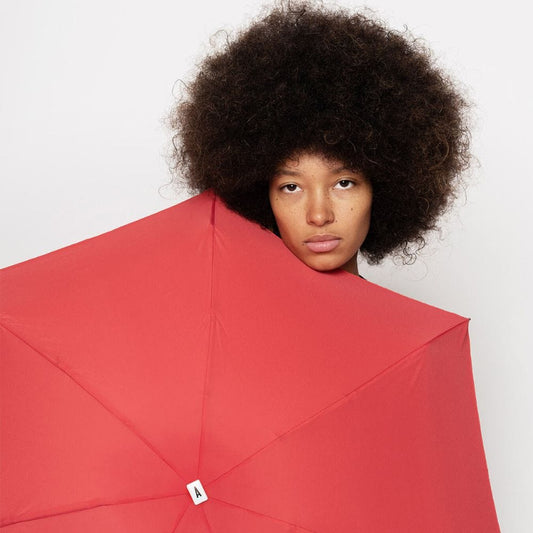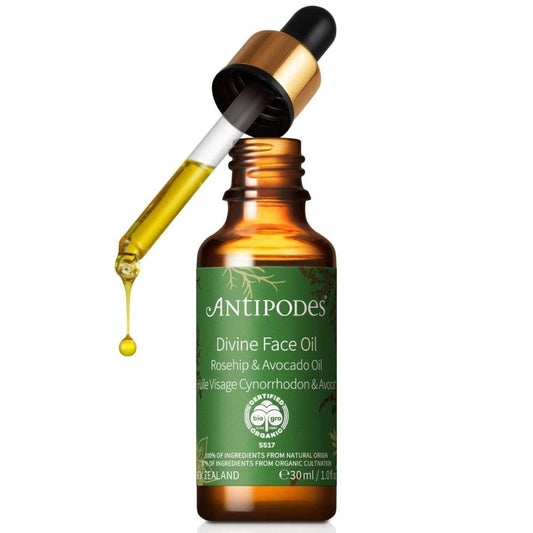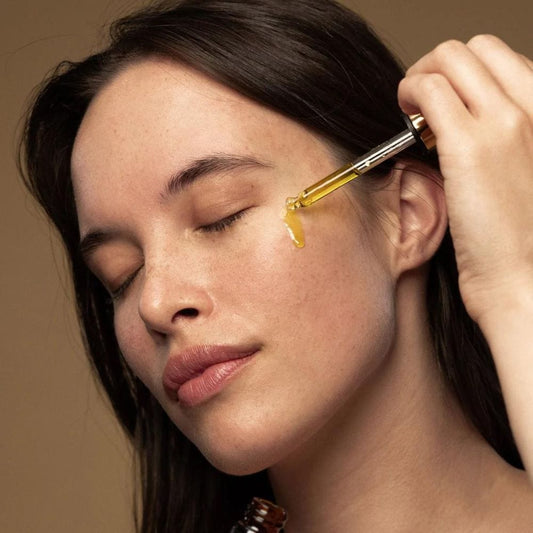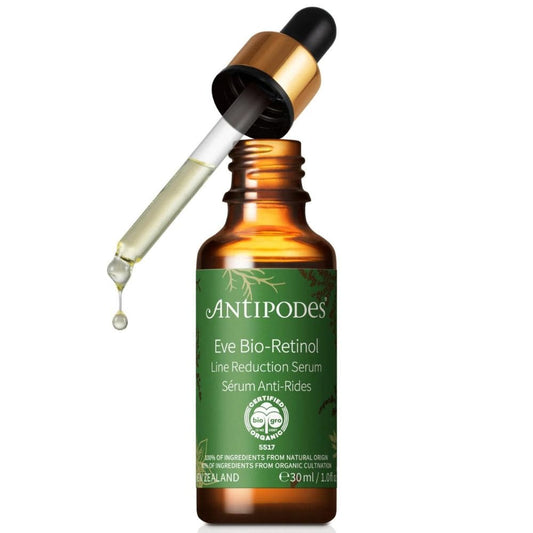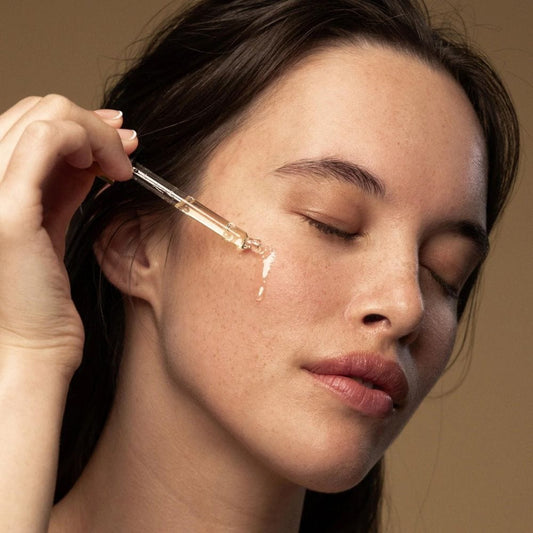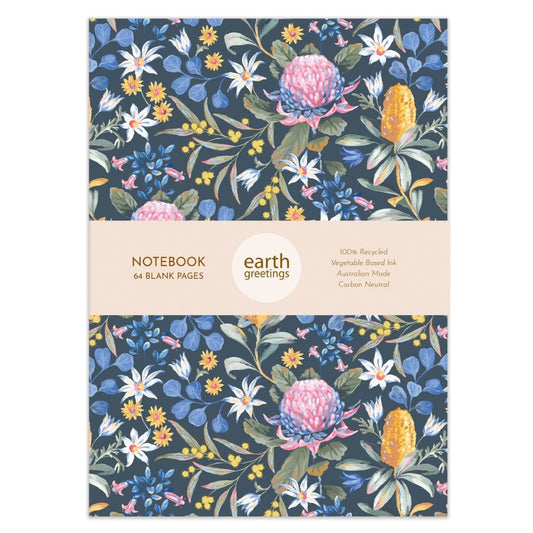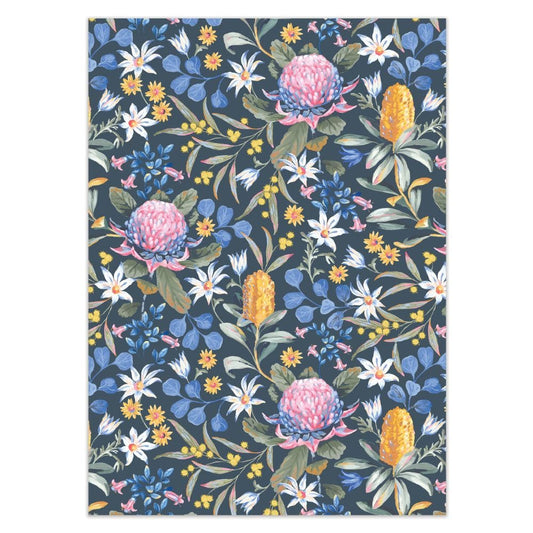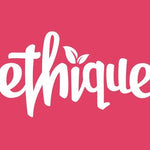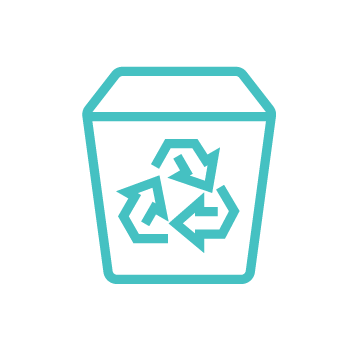The Biome team is once again showing our fierce commitment to truth and transparency and have turned our uncompromising attention on palm oil. Our findings are clear:
we don't believe that a product containing untraceable palm oil can be guaranteed cruelty free. Palm oil is grown in monoculture plantations predominantly in Malaysia and Indonesia. Every day, 300 football fields of rainforest are being obliterated to support this highly profitable industry. This has a devastating effect on the orangutan and Sumatran tiger populations. According to The Orangutan Project, around 6000 orangutans are killed every year. That's 16 dead orangutans today alone. Palm oil has crept into our lives and become yet another ingredient of convenience. It appears in food, cleaning products, makeup, body care and biofuels. It hides behind more than 200 derivative names that only the truly tenacious can identify. Big business has found itself a high-yield, low cost product that can be quietly farmed in our more vulnerable developing nations. Of course, it is only low-cost because the industry pays no price for the devastating environmental and social costs of production. Palm oil is not “bad” when done responsibly, but on the whole its poorly-regulated agricultural and industrial processes are catastrophic for our planet and our nearest biological cousin.

The Problem with "Sustainable Palm Oil"
Much of the problem lies with the term “sustainable palm oil”. It is easy to design a label, but not so easy to make sure it means what it says. Working with information from WWF (World Wide Fund for Nature), BOS (Borneo Orangutan Survival Australia) and Palm Oil Investigations (POI), Biome has unravelled the web of misleading information that is wrapped up in this term. The self-regulating body that oversees sustainable palm oil, the Roundtable on Sustainable Palm Oil (RSPO), uses a complex certification scheme that allows sustainable and non-sustainable producers to mix product, trade up to sustainable status with a payment, or even be classified sustainable based on a joining fee and minimal commitment to “working toward sustainable production”. In September 2016, the peak community body, Palm Oil Investigations (POI) withdrew support for the RSPO when the “sustainable palm oil” label became misleading. What happens next is a collection of processing plants that all say what the next user wants to hear. Once incorporated in the final consumer product, the provenance of the oil is completely hidden. Many of the brands that Biome assessed did not know that there was palm oil in their products or that their palm oil supplies were not sustainable, and were devastated to hear the truth.
Biome is a 100% Palm Oil Free Store
After 14 years of us asking companies to declare palm oil use on their packaging or to not use palm, nothing was changing. We had to act to help stop the relentless decimation of rainforest and killing of orangutans. We have removed from our stores a huge number of products with ingredients commonly derived from palm oil. We know this is a big sales risk, but it is the only ethical choice for us. Palm oil is one of the most catastrophic issues facing the planet today. It can not be sugar coated: the palm oil and logging industries in Malaysia and Indonesia are sending orangutans and tigers to extinction, and subjecting them to horrific cruelty along the way. Our message is that if you use any ingredients that contain palm and do not know where the palm was grown, we believe the product can not be guaranteed cruelty free.

We are grateful to the Palm Oil Investigations group for guiding us in achieving this and are proud to be a POI Approved brand.
Read a post by POI Founder, Lorinda Jane, Biome and POI set off a Chain Reaction and it Goes Like This here > Our global community owes a debt of gratitude to the POI volunteers for their incredible tenacity to help save the orangutans. As Lorinda writes in the POI blog post, we have together set off a chain reaction, with numerous brands now working to remove palm oil from their supply chain. These are good people trying to create mindful products, but they did not believe there was an alternative. The change that we hoped for is happening! Biome is now exclusively supporting brands that go to extra lengths to be free from palm such as Mokosh, Evohe, Clean Conscience, Indah and Two Winged Fruit. You can shop everything in our stores with peace of mind, or see our Guide to Palm Oil Free Products for ideas
here > Going through the process to become a
Certified B Corporation made us think more closely about our own supply chain and the claims we were passing onto our customers. We think this is possibly a world-first that a natural products retail store business is completely free of palm and palm derivatives. Biome is supporting the brands that want to change with advice and information from our long investigative pursuit, and several are already reformulating. We know that our customers want to know the truth behind their choices so you can take a stand for the values you hold.
Tracey and the Biome team.
What Can You Do?
Together we can make palm oil matter! The only sure way to help reduce the destruction caused by palm oil cultivation is to avoid all palm oil, including that claimed to be "sustainable". All of the products found at Biome are 100%
palm oil free, and we encourage you to support them. Avoid palm oil in processed and packaged foods also. The use of palm oil in food accounts for 72% of global palm oil use (personal care and cleaning products 18%, Biofuel 10%). Palm Oil Investigations has a campaign for the month of June to help you
Eat Palm Oil Free - join the campaign
here > Join the
Don't Palm Us Off campaign that is advocating for mandatory palm oil labelling in Australia. Palm oil is found in up to 50% of all packaged supermarket products yet it remains mostly hidden. You have the right to know. Write a message to your Minister
here > “Adopt” an orangutan or give money to help this organisation to purchase a large block of rainforest in Borneo. Donate to BOS Australia
here >
Where in the Ingredients List is Palm Oil Hiding?
There are over 200 alternate names for palm oil. Any body product that is creamy such as moisturisers, liquid makeup, or sunscreen requires an emulsifying agent to bind the water and oil together into a cream. That emulsifier is more than likely to be a palm oil-derived ingredient. Similarly, most plant-based detergents (or surfactants) are derived from palm or coconut, and the two are interchanged depending on seasonality and cost. If a brand tells us, for example, that their Stearic Acid is not palm-oil derived, we ask for a written guarantee of this. Once we asked for this, we often found they could not guarantee it would not be palm. In addition to its most common appearance as Glycerine or Glycerin, palm oil is used extensively in the cosmetics and skin care industry in synthesised ingredients (made by chemical reactions) that are not really natural anymore in any case, such as Emulsifying Wax, Stearic Acid, Polyglyceryl Dipolyhydroxystearate, Cetyl Alcohol, and Caprylic Triglyceride. Skin care manufacturers buy these ingredients from a producer who purchased the palm oil from a distributor, usually from a bulk mixed pool of palm oil from sources around the world. Many food products have Palm Oil listed as 'vegetable oil'. Palm Oil Investigations provides an extensive list of over 200 alternative names for palm oil which you can see here >
Further Reading
More on Palm Oil and What Biome is Doing Why "Sustainable Palm Oil" is Greenwashing Guide to Palm Oil Free Alternatives Save Save Save Save Save Save Save

 We are grateful to the Palm Oil Investigations group for guiding us in achieving this and are proud to be a POI Approved brand. Read a post by POI Founder, Lorinda Jane, Biome and POI set off a Chain Reaction and it Goes Like This here > Our global community owes a debt of gratitude to the POI volunteers for their incredible tenacity to help save the orangutans. As Lorinda writes in the POI blog post, we have together set off a chain reaction, with numerous brands now working to remove palm oil from their supply chain. These are good people trying to create mindful products, but they did not believe there was an alternative. The change that we hoped for is happening! Biome is now exclusively supporting brands that go to extra lengths to be free from palm such as Mokosh, Evohe, Clean Conscience, Indah and Two Winged Fruit. You can shop everything in our stores with peace of mind, or see our Guide to Palm Oil Free Products for ideas here > Going through the process to become a Certified B Corporation made us think more closely about our own supply chain and the claims we were passing onto our customers. We think this is possibly a world-first that a natural products retail store business is completely free of palm and palm derivatives. Biome is supporting the brands that want to change with advice and information from our long investigative pursuit, and several are already reformulating. We know that our customers want to know the truth behind their choices so you can take a stand for the values you hold. Tracey and the Biome team.
We are grateful to the Palm Oil Investigations group for guiding us in achieving this and are proud to be a POI Approved brand. Read a post by POI Founder, Lorinda Jane, Biome and POI set off a Chain Reaction and it Goes Like This here > Our global community owes a debt of gratitude to the POI volunteers for their incredible tenacity to help save the orangutans. As Lorinda writes in the POI blog post, we have together set off a chain reaction, with numerous brands now working to remove palm oil from their supply chain. These are good people trying to create mindful products, but they did not believe there was an alternative. The change that we hoped for is happening! Biome is now exclusively supporting brands that go to extra lengths to be free from palm such as Mokosh, Evohe, Clean Conscience, Indah and Two Winged Fruit. You can shop everything in our stores with peace of mind, or see our Guide to Palm Oil Free Products for ideas here > Going through the process to become a Certified B Corporation made us think more closely about our own supply chain and the claims we were passing onto our customers. We think this is possibly a world-first that a natural products retail store business is completely free of palm and palm derivatives. Biome is supporting the brands that want to change with advice and information from our long investigative pursuit, and several are already reformulating. We know that our customers want to know the truth behind their choices so you can take a stand for the values you hold. Tracey and the Biome team.
